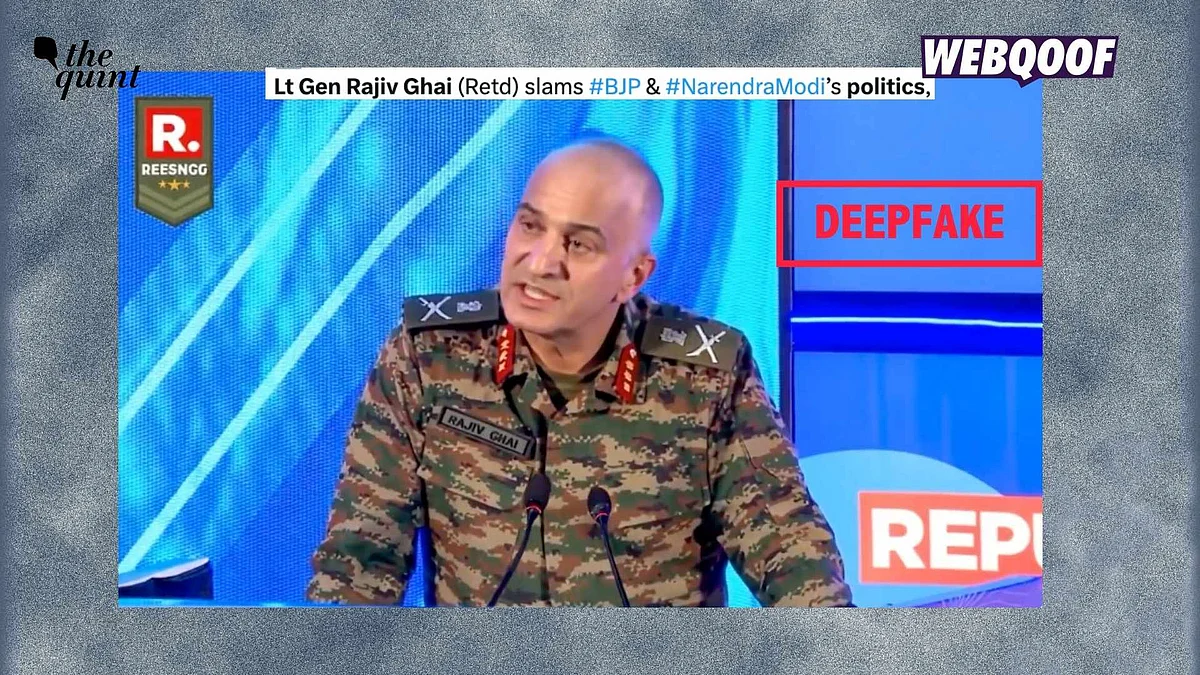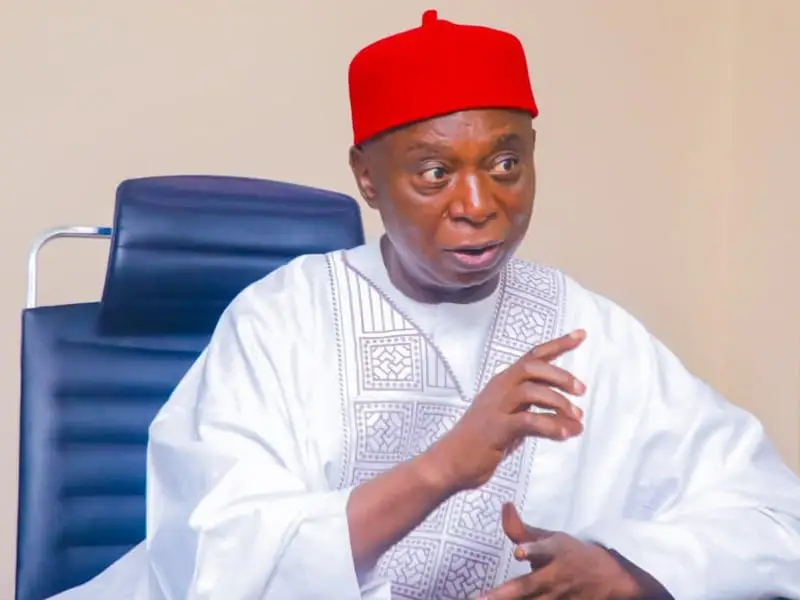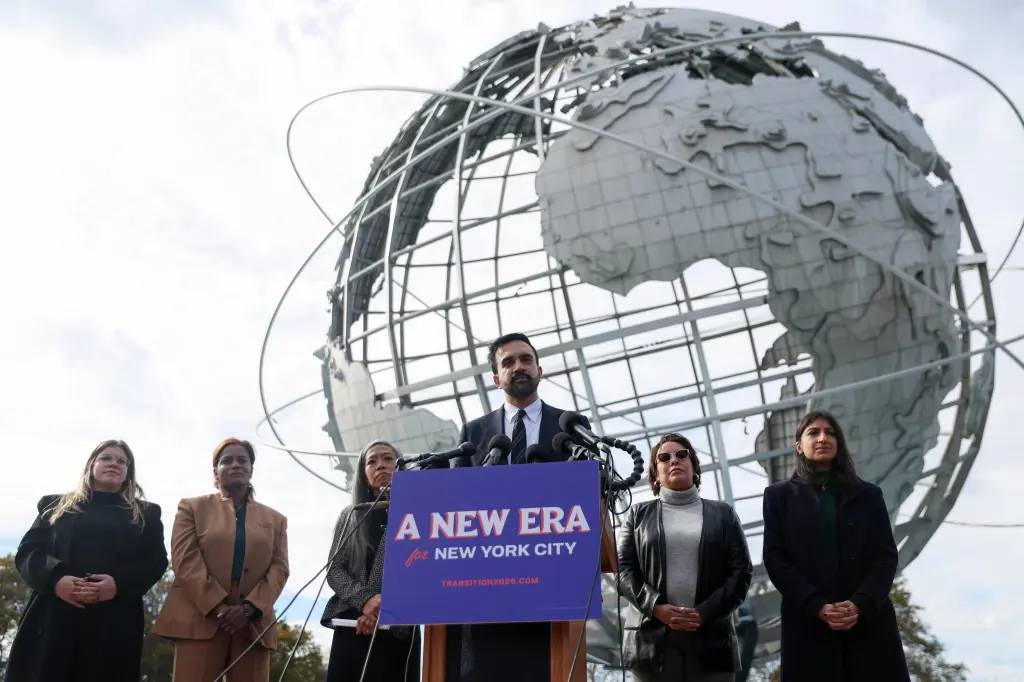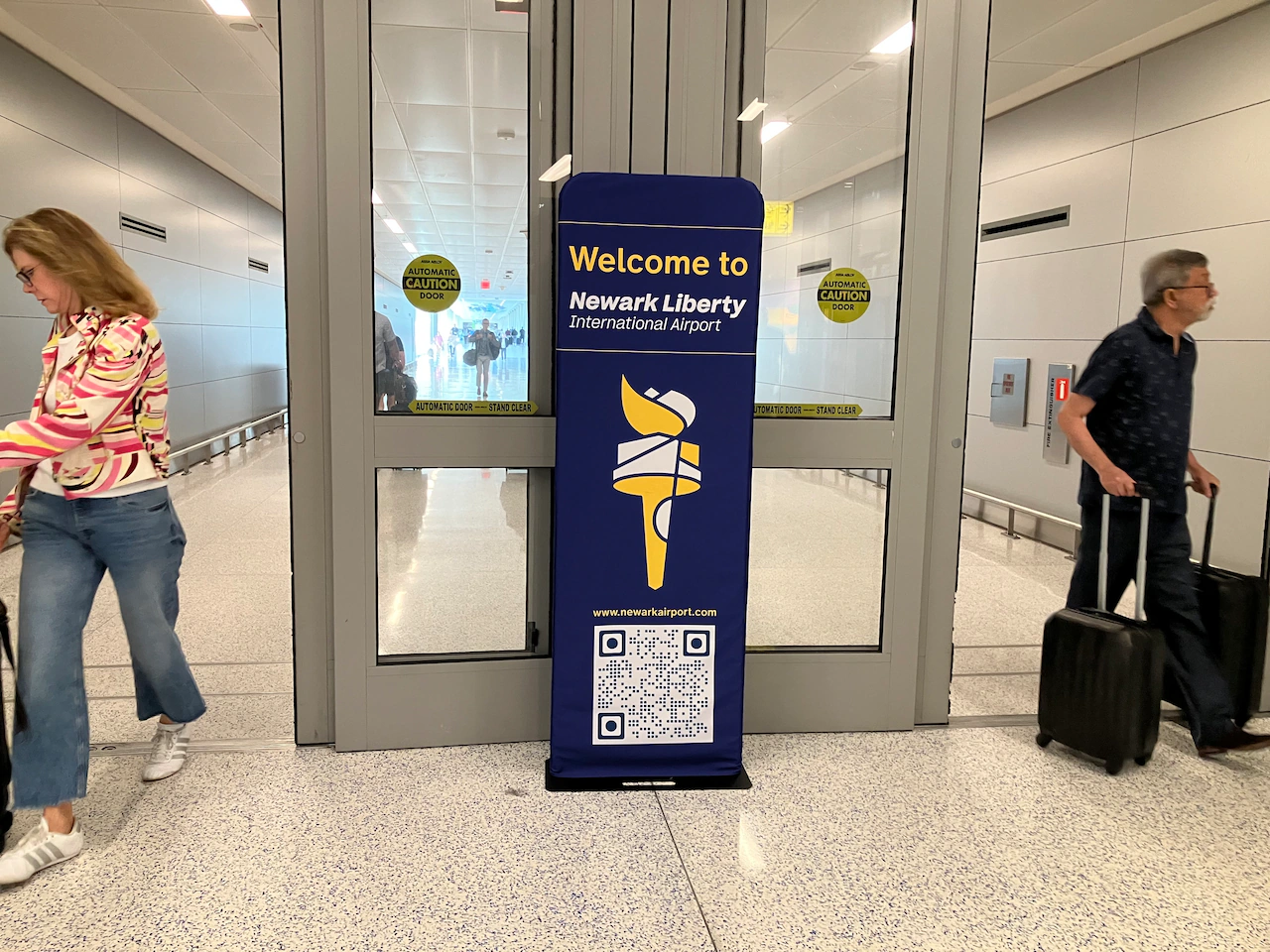Copyright tribuneonlineng

Ambassador Danjuma Nanpon Sheni is a retired career diplomat who served in many foreign missions. He retired as a permanent secretary in the Ministry of Foreign Affairs. In this interview with ISAAC SHOBAYO, Ambassador Sheni speaks on the current diplomatic row between Nigeria and the United States, particularly over President Donald Trump’s designation of the country as a “Country of Particular Concern,” the threat of military action against Nigeria over alleged religious persecution of Christians, among other related issues. Excerpts: PRESIDENT Donald Trump has designated Nigeria a “Country of Particular Concern” following claims of Christian genocide in Nigeria. How do you feel about this accusation? I also listen to and watch both local and international news about the issue of genocide in Nigeria, particularly against the Christian community. It started as a joke, but it has now gone so far that the President of the United States has designated Nigeria as a country of particular concern. This has taken the issue to another level entirely. No country wants to be so designated because it comes with certain implications. It is, first of all, an American policy decision under the International Religious Freedom Act, established in 1989. When the U.S. government views that a particular religion — in this case Christianity — is being profiled or persecuted persistently and with the approval, tacit or otherwise, of the state, it designates that country accordingly. This is not the first time. During the Trump administration in 2020, Nigeria was similarly designated. It was later reversed by President Biden, but now it has happened again. This is a very serious and worrying development for us as Nigerians, because once you are in that category, you find yourself listed among countries like Sudan, North Korea, Cuba, and even China at some point — places you do not want to be associated with. Once a country is so designated, it sends a clear signal to the rest of the world that something is wrong with that nation in terms of religious freedom. Saudi Arabia has also been designated a number of times. Even within Islam, there are minority groups facing persecution. So it’s not something you want, especially for a developing country like Nigeria. For me, as someone who has worked in diplomacy, this is a terrible time for Nigeria. We are trying to polish our image and attract investors, yet this kind of development sends the wrong signal. Now, was the designation justified? As a Christian, I find it difficult to fully agree that Christians are being systematically persecuted in Nigeria. What I see is that human beings are being killed regardless of faith. People are being killed by insurgents and bandits across communities. Here in Plateau State, for instance, we’ve had to bury people. But do I believe that the federal or state governments are sponsoring these killings? My answer is no. What about the killings in Zamfara or Katsina, where Muslims are being attacked, even in mosques? To me, it is clear that Muslims and Christians and even traditional worshippers are being slaughtered, and it is completely unacceptable. We must not encourage further division by labeling everything along religious lines. Saying “this is Christian” or “this is Muslim” will not help us as a nation. But I must admit, perception is very important in this matter. If some leaders, especially Christian leaders, believe or have evidence that the Nigerian state is complicit in these massacres, that is a different issue. I personally don’t have access to such information, so it would be difficult for me to draw that conclusion. Now, regarding the U.S. State Department’s designation, once a country is listed as one of particular concern, there are possible consequences, including sanctions, if the government in question does not take immediate and positive steps to address the perception. So this could lead to punitive actions against Nigeria for allegedly persecuting a particular religion. The unfortunate part is that this latest action appears hasty, almost like a preemptive move by the U.S. against Nigeria. This happened just last week, without much engagement. And that’s why, as diplomats, some of us are saddened that at such a critical time, Nigeria does not have substantive ambassadors in key countries. We don’t have an ambassador in Washington, nor do we have one at the United Nations or in other major Western capitals. So this is coming at a very bad time for Nigeria. But given President Trump’s threat of military action against some Nigerian states, what do you believe Nigeria’s next line of action should be? Once a country is designated as one of particular concern, certain actions usually follow, and I think President Trump is already doing that now. For instance, there could be restrictions on U.S. aid. One of the first areas affected is usually military assistance and health-related support, which are now automatically restricted. There’s also the potential imposition of economic sanctions and other penalties on Nigeria. If this situation persists, things could escalate further. Nigeria’s diplomatic engagement is poor. And remember, with Trump, he often acts unpredictably; he may start from the end and then work backward. So Nigeria must be very careful. This is a time for serious diplomatic engagement. We must step up our diplomatic engagement to avoid sanctions; President Trump is not predictable. Do you not believe that Nigeria is taking too long to react to this crisis, or that its engagement has not been as prompt and well planned as it ought to be? You may ask, why is that so? First of all, at the international level, we lack capacity as defined by principal representatives — people who can speak with authority and credibility on behalf of the country. We don’t have a strong media presence abroad. We have not engaged international public relations firms or lobbyists in Washington and New York who can promote our case and engage the U.S. Congress effectively. So yes, you are right, we need to wake up. Despite our economic challenges, we must move fast. One practical step is to gather retired ambassadors who have served in these key places and still maintain connections with former members of Congress so they can help us lobby and explain the Nigerian situation. Leaving such a serious issue to relatively junior officers shows a laissez-faire attitude toward something of national importance. Honestly, I wish the president himself would come out clearly to address journalists and explain what actions are being taken. Perhaps he is doing something behind the scenes, but we need to see stronger engagement. How should this situation be handled, based on your experience? As I said earlier, through strong diplomatic engagement. We should have ensured this designation never happened in the first place. We saw the warning signs. Senator Ted Cruz and others in the U.S. Congress were making a lot of noise about it. We’ve been here before; Trump did the same thing in 2020. We saw them moving toward this outcome, but perhaps we were complacent, thinking it wouldn’t happen again. That’s unfortunate, because in 2020, Trump did it at the tail end of his administration, so he didn’t have time to follow up. This time, it’s happening in his first year — meaning he has at least three years to act on it. That’s a serious matter. So it calls for critical thinking. Nigeria must put its best diplomats forward, both retired and serving, alongside respected elder statesmen, to begin a serious lobbying mission in Washington. I recall a time when America appeared to turn its back on Nigeria, particularly in terms of purchasing weaponry and military hardware. So, why are they now raising alarms when they refused to assist Nigeria when it was most needed? Fortunately, at that time, I was still in service, so I can speak about it with some understanding, though I won’t go into too many details. It’s not that they outright refused to sell. They imposed certain conditions. For instance, there are offensive platforms — military equipment that are not supposed to be used for internal operations. They’re meant for external defense. And when you purchase them, one of the conditions from the U.S. is that you must give a written undertaking that you will not use those platforms against your own people. You see, many leaders in developing countries have bought such equipment and later used it for internal repression. So the Americans want assurance that this won’t happen. That’s one of their key concerns. Another issue is about ensuring that the weapons don’t fall into the wrong hands. They worry that sensitive technologies could be exposed. So, not that they refused outright — it’s just that certain requirements had to be met. Nigeria tried to give those assurances that we would not use the weapons to attack our citizens. Even then, some of the arms we got were not directly from the U.S. I think at one point, they were coming through Brazil and other countries. But globally, any time the U.S. dollar is involved in arms transactions, there’s close monitoring. Once the dollar trail flags Nigeria, other countries are also stopped from selling arms to us because of U.S. financial oversight. There were times even China faced similar restrictions because payments were being made in dollars. The U.S. tracks these movements very closely. If you were to advise Mr. President personally, what would you tell him to do, especially on this diplomatic issue? At this stage, I would say we have crossed the bridge — the country has already been designated as one of particular concern. So, as I said earlier, we need to move quickly. Engage our friends to talk to their friends. That’s how diplomacy works. International relations are not so different from human relationships. If I have a misunderstanding with you and can’t reach you directly, I might ask a mutual friend to speak on my behalf. That’s the kind of robust engagement Nigeria needs right now. We also need to take an honest look at our internal situation. Is there some truth in what certain Christian leaders are saying? We need to conduct an independent assessment. How did these groups in the U.S. arrive at their conclusions? What data, what documents, and what videos were presented to the U.S. Congress? Could there be a counter-narrative that we haven’t properly articulated? I saw a video from Plateau where they were burying over 50 people — and yes, they were Christians. But was that state-sponsored? These are the kinds of questions we must examine. So, Mr. President should put together a small, competent team to review the events that led to this designation. After that, we should engage professional international lobbyists — people who understand Washington and who can represent Nigeria’s case credibly before the U.S. Congress and relevant agencies. The roles of ambassadors are very crucial at this moment. What would be your recommendation to the president? My advice is very clear: Mr. President should appoint ambassadors immediately. It’s not even about politics — it’s a matter of urgency. The process itself takes time, anywhere between six months to one year. After the president nominates candidates, the list must go to the Senate for confirmation. That requires security clearance and background checks, which can take months. Even after Senate confirmation, you still need to match each nominee with the right posting — assign them to countries where they can best serve Nigeria’s interests. Then you begin visa and accreditation processes, over which you have little control. Yes, for nearby African countries like Ghana or others within West Africa, it’s easier — you don’t even need visas. But for the major capitals — the U.S., the U.K., Germany, and France — it’s far more complex. How do you convince a country that’s already canceling visas for Nigerians to issue diplomatic clearances quickly? So, realistically, it will take at least six months to one year. But as the saying goes, a journey of a thousand miles begins with a single step. Mr. President should take that first step now — appoint substantive ambassadors and send them out.



